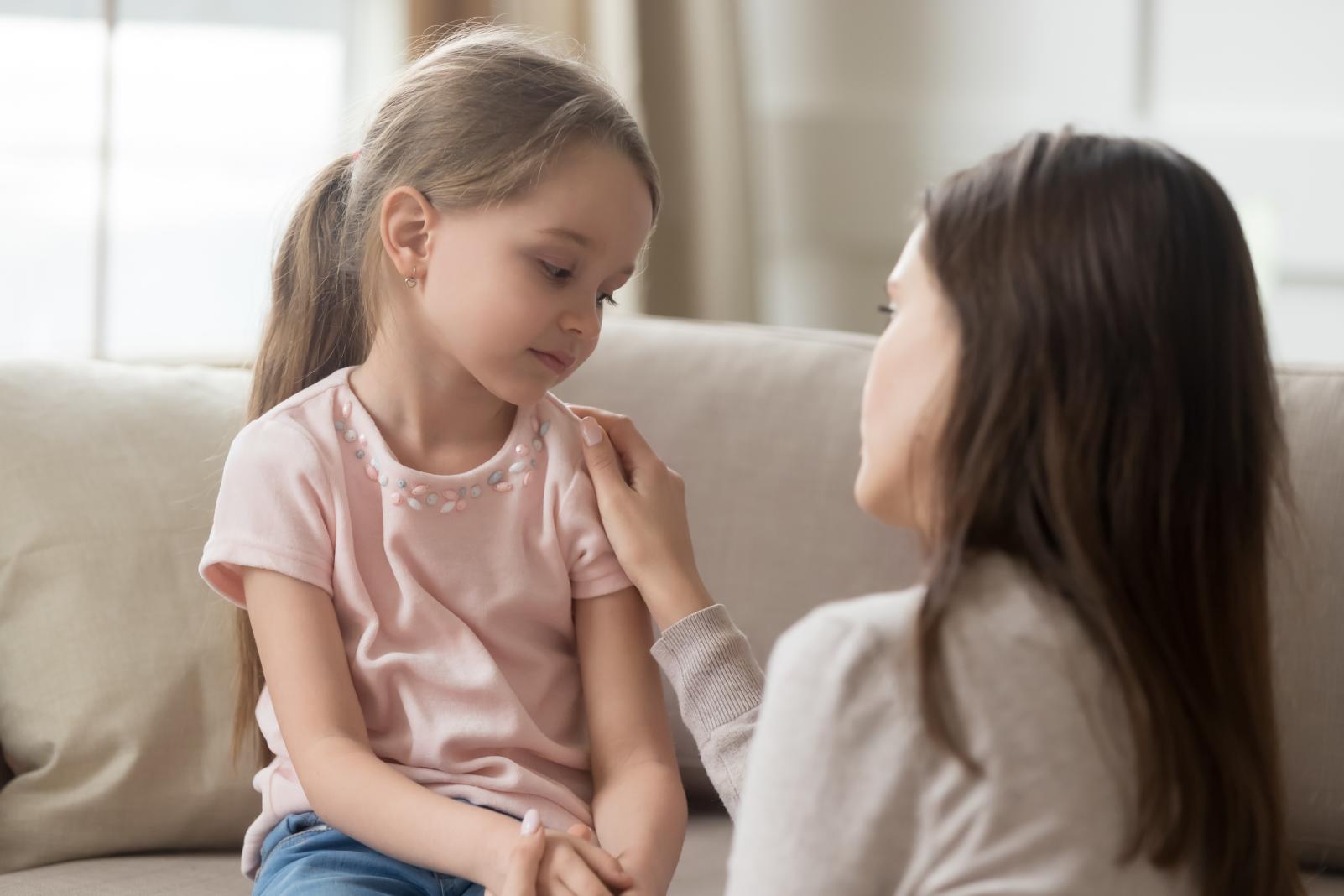Help your whole family cope with the stress of returning to in-person or online school.
School anxiety is on another level this year due to the pandemic.
Most parents and students would likely agree that the transition to online schooling this past March was not exactly smooth. So, many will most likely have some level of anxiety about returning to school this fall — whether for online or in-person classes.
Returning in person is likely to be anxiety-provoking, due to the long absence from that routine and environment, as well as possible fears about getting sick.
Change is tough for everyone, but especially for the kids whose entire lives and education have been disrupted by COVID-19.
There are many reasons why parents and kids would be anxious about whatever their return to school will look like. We know it will look different, but it’s unknown how it will go.
Many families that I work with are also frustrated that many don’t have schedules or information from the school about plans to help with this process.
They are anticipating the level of challenge they faced in March with their kids — irritability, depression, or just “Zoom fatigue,” to name a few.
For those returning to school, there’s likely to be even more anxiety, as it’s a huge transition to spend your days with classmates and peers when most kids have spent a lot more time alone or in smaller groups over the summer.
Even for the most social of kids, this transition could be overwhelming.
The good news is that there are things parents can do to support their kids — and themselves — during this time. Managing school anxiety doesn’t need any situation-specific techniques.
Here are 5 ways to help your child cope with school anxiety this Fall.
1. Manage your own school anxiety first.
Anxious parents tend to make their kids feel more anxious, too. As parents, you have to learn how to regulate your strong emotions, so that you can model how to do that for your kids.
The tricky thing is that your anxiety is completely understandable!
This is a tough situation, and you may have not had as much time to spend on your own coping. So, you’re just running from one thing to the next, feeling panicked.
The most important thing is to recognize that your feelings make sense, but that you can get through it.
Make sure you’re sharing your anxious thoughts and feelings with other adults. Then, let your child know that, yes, you feel anxious, too, and it’s hard and scary.
Tell them how you’re coping in case it helps them cope, as well. For example, share that when you’re really worried, you take extra time to go for a long walk, talk to a friend, or remind yourself that you’re resilient and going to be OK.
Maybe they can implement similar coping strategies for themselves!
2. Explore how your child is feeling.
While you’re exploring your feelings, also explore with your kid how they’re feeling. Avoid assuming that they’re anxious or worried, and just check in with them to see.
You could try saying, “A lot of people might be feeling anxious, excited, nervous, or some combination of those feelings about the coming school year. How are you feeling?”
With a lot of kids, it helps to make it sound totally normal to have those feelings for them to admit to them, also.
The focus in this conversation is just to explore with curiosity with absolutely no judgment of what they share. Great responses sound like, “Tell me more about that,” “I feel that way, too,” or, “Wow, that must be hard.”
Avoid anything that suggests that they should not feel that way or that their feelings are not important, valid, or real.
3. Validate their feelings.
Speaking of validation, the most important thing you can do is to let your kids know that their feelings are totally expected, natural, and normal.
Sharing that it makes sense to feel anxious when things are uncertain and unknown can really help. Particularly right now, when a lot of people are feeling isolated and alone, it can be hard to feel that you’re not the only one feeling how you feel.
Many clients have asked me if they’re the only ones struggling right now. This is quite unusual, but since we’re living in a shared experience and not everyone in our culture is open about how they are feeling or coping, it makes sense to want to know that we’re not alone.
Kids want that same reassurance.
4. Come up with a plan to help support your child through their school anxiety.
Whether your kid has experienced anxiety before and has some idea of how to manage it or not, it’s important to come up with a collaborative plan of how you will cope with the situation together.
This might look like adding in things like meditation, journaling, talking in the morning and after school, or gradually working in the school routine into your days to help feel ready.
Often, kids are open to learning how to cope better, particularly if their parents will do those things with them. So, coming up with a plan of how everyone will cope might just help all of us!
5. Be patient and know that anxiety in this situation is expected.
We are living through a really challenging time in our world. It makes sense that we’re anxious, irritable at times, feeling lonely but tired of connecting with the people available to us, or even just totally over this situation.
The best thing to do is remind yourself that you’re doing the best you can in an impossible situation, and that the way you treat yourself and your loved ones is most important.
Show yourself some compassion, grace, and patience, and work really hard to extend that to your kids.
Source: YourTango

















































